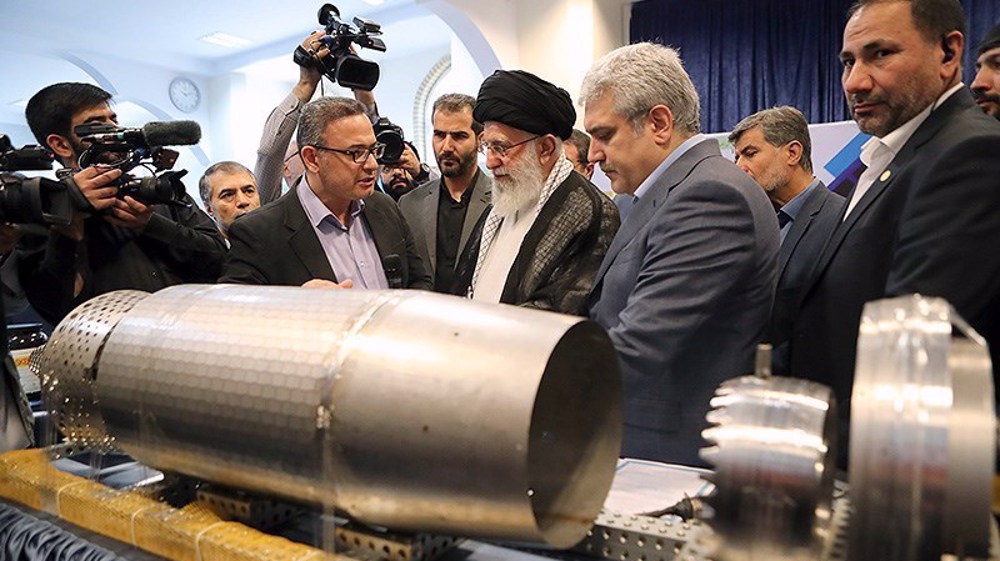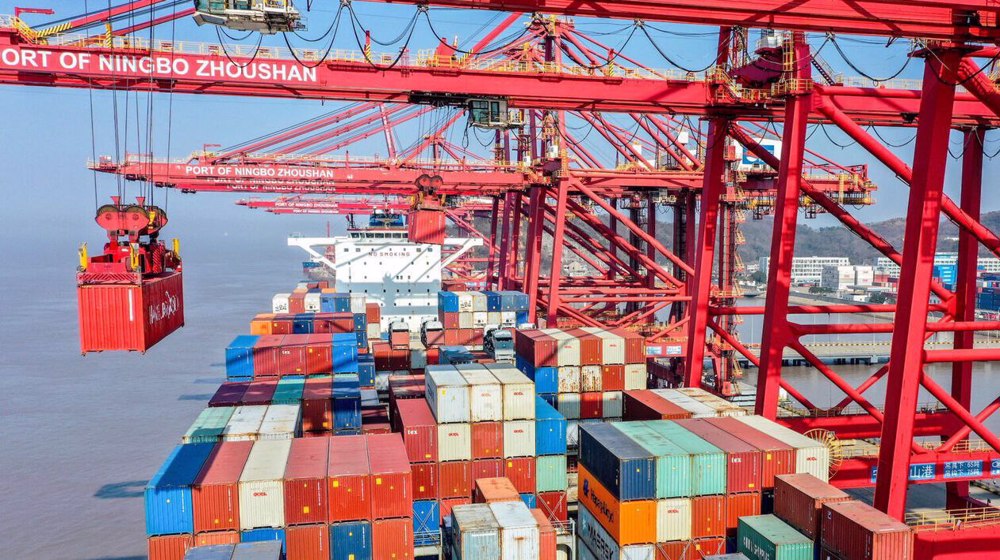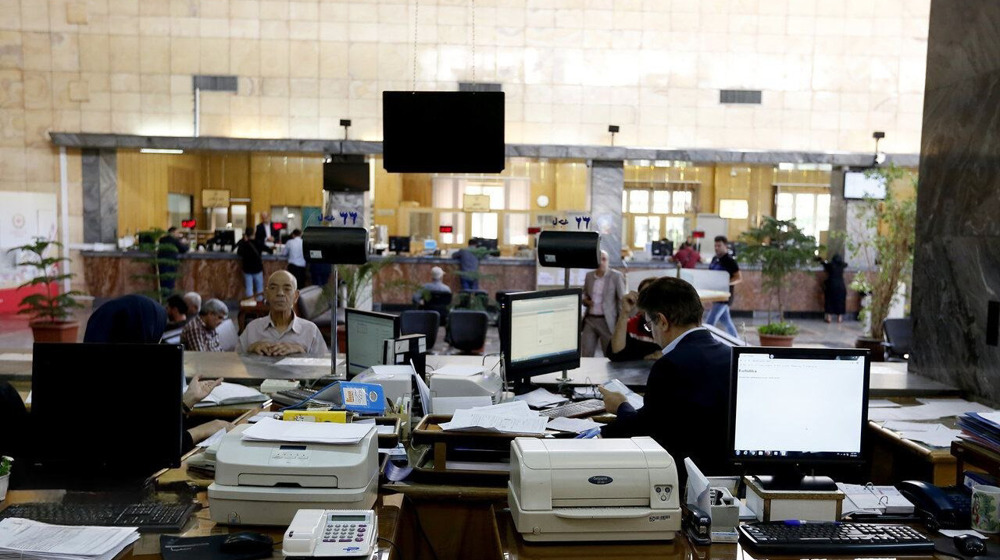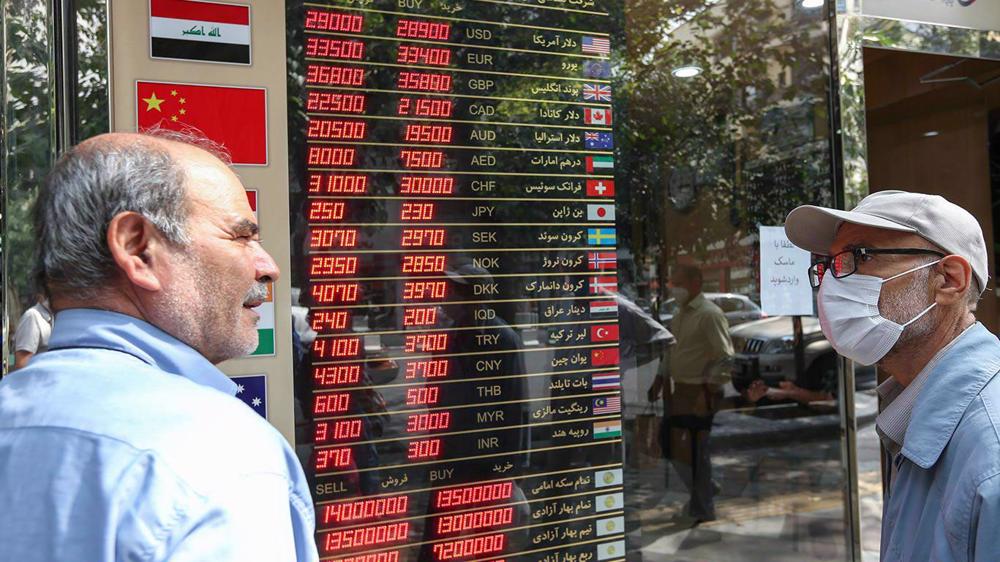Role of SMEs in Iran's resistance economy
Iran, which has chosen a resistance economy policy, is obliged to promote innovation and entrepreneurship in new economic fields amid fast-track changes and the need for global interaction.
Some experts have likened creativity and innovation to a vital artery in the economy of countries, without which they are doomed to decline and destruction.
With increasing economic activities and intensifying competition among knowledge-based economies, some believe that future markets belong to the entrepreneurial firms that engage in risk taking and innovativeness in highly competitive environments.
On the other hand, the successful experience of the most developed and some developing countries in weathering economic crises through entrepreneurship has spurred other countries to pay special attention to the formation of innovative businesses.
But the situation in Iran is such that the administration of affairs, including the management of the country's economy, needs the kind of economic measures to act efficiently and dynamically in times of threats and sanctions and function without any dependence on outside factors.
In the entrepreneurial community, risk taking is high and a natural thing. Since the entrepreneurial society has a high threshold of tolerance, it is ready to accept resistance economy subject to sanctions and threats.
Under the circumstances, Iran needs high technological capability and innovation to increase competitiveness, which includes the ability to develop new products, access to markets, the use of new technologies, and the application of the best models of management in companies and the development of skill levels in a wide range of workforce.
The resistance economy in Iran is a concept proposed by Leader of the Islamic Revolution Ayatollah Seyyed Ali Khamenei in 2016 to leverage domestic capabilities in order to overcome gaps resulting from US policies to restrict business with Iran and insulate the economy from sanctions or hostile foreign activity.
Increasingly in recent years, Iran’s state planners have called for shifting the economy from dependence on technology imports and construction of industrial facilities by foreign companies to focus on home-grown industries.
In recent years, the number of knowledge-based enterprises has increased in Iran, making crucial contribution to breaking some fetters of the US-led sanctions.
According to a local car manufacturer, 154 major auto parts have been internally produced with the help of knowledge-based enterprises, saving the country some 400 million euros in foreign exchange.
As a result, Iran's auto sector has started to stand on its own feet after years of reliance on imported car kits which foreign companies stopped supplying when the US reimposed sanctions on the Islamic Republic in 2018.
The auto industry forms the second biggest sub-sector of the economy behind oil, accounting for some 10 percent of the gross domestic product and 4 percent of employment.
When the Trump administration reimposed sanctions on Iran in August 2018, it reserved Washington’s first hammer blow for the car industry to hurt as many Iranians as possible.
However, the US pressures forced domestic manufacturers to mobilize their resources to fulfill some of the tasks which were an exclusive competence of foreign companies.
Small and medium-sized enterprises are among the most effective units in the growth and development of economic and social systems in the world, contributing significantly to the gross national product and creation of added value of the countries.
The General Culture Council of Iran has declared August 12 as the day to support small- and medium-sized industries.
The development of SMEs, especially based on clusters, is a new and efficient strategy for gaining competitive advantage and entrepreneurial growth in economy.
Considering the scale of their activities, small industries are immune and resistant to sanctions to a large extent.
Small enterprises, contrary to what their name implies, play an important role in the development of an economy and include a large range of industries.
These industries affect the global economy in at least four ways: entrepreneurship, innovation and technological change, industry dynamics, and job creation and income.
In recent years, attention to the downsizing and development of small and medium enterprises has increased significantly. These companies have many advantages over large industries, including in terms of added value, innovation, job creation, and flexibility in unusual conditions such as sanctions.
The share of small and medium businesses in the Iranian economy is more than 95 percent. However, due to the lack of a development strategy based on the existing industrial structures and small production units having been left to their own devices, these companies have not been able to make a significant contribution to the country’s GDP and added value.
In India 95 percent of the industrial units are also small enterprises, but they account for 40 percent of production and 35 percent of exports.
According to a World Bank report, Iran is the second largest economy in the Middle East and North Africa region in terms of GDP. The economy of Iran is, to a large extent, characterized by large public and quasi-public enterprises, which control around 80% of the economy. However, Iranian authorities are committed to gradually move towards a market-oriented economy and development of the private sector.
Considering the special role of small and medium enterprises, fundamental measures should be taken to promote them in the country.
The most important of these measures is to modify the institutional framework in favor of the productive sectors.
Other measures should be taken, such as developing a strategy for the development of small and medium-sized enterprises, creating a positive interaction between the banking system and enterprises, facilitating the entry of SMEs to the capital market and creating a specialized institution for services and credit guarantees in order to enable such enterprises to create jobs and spur economic growth.
Trump says Iron Dome is US technology, not Israel’s
Israeli airstrikes kill two in Lebanon despite ceasefire
Iran riots: Why Trump’s ‘rescue’ rhetoric backfired, uniting Iranians against external meddling
VIDEO | India faces choice in US-sponsored 'Gaza Peace Board'
VIDEO | Trump’s Greenland push sparks EU outrage and transatlantic strain
Israeli military chief warns Netanyahu, Katz of manpower crisis undermining military readiness
Iran Judiciary chief: Enemy turned to rumors after defeat in riots
Iran dismantles terrorist cell: Ringleader killed, 11 members arrested











 This makes it easy to access the Press TV website
This makes it easy to access the Press TV website